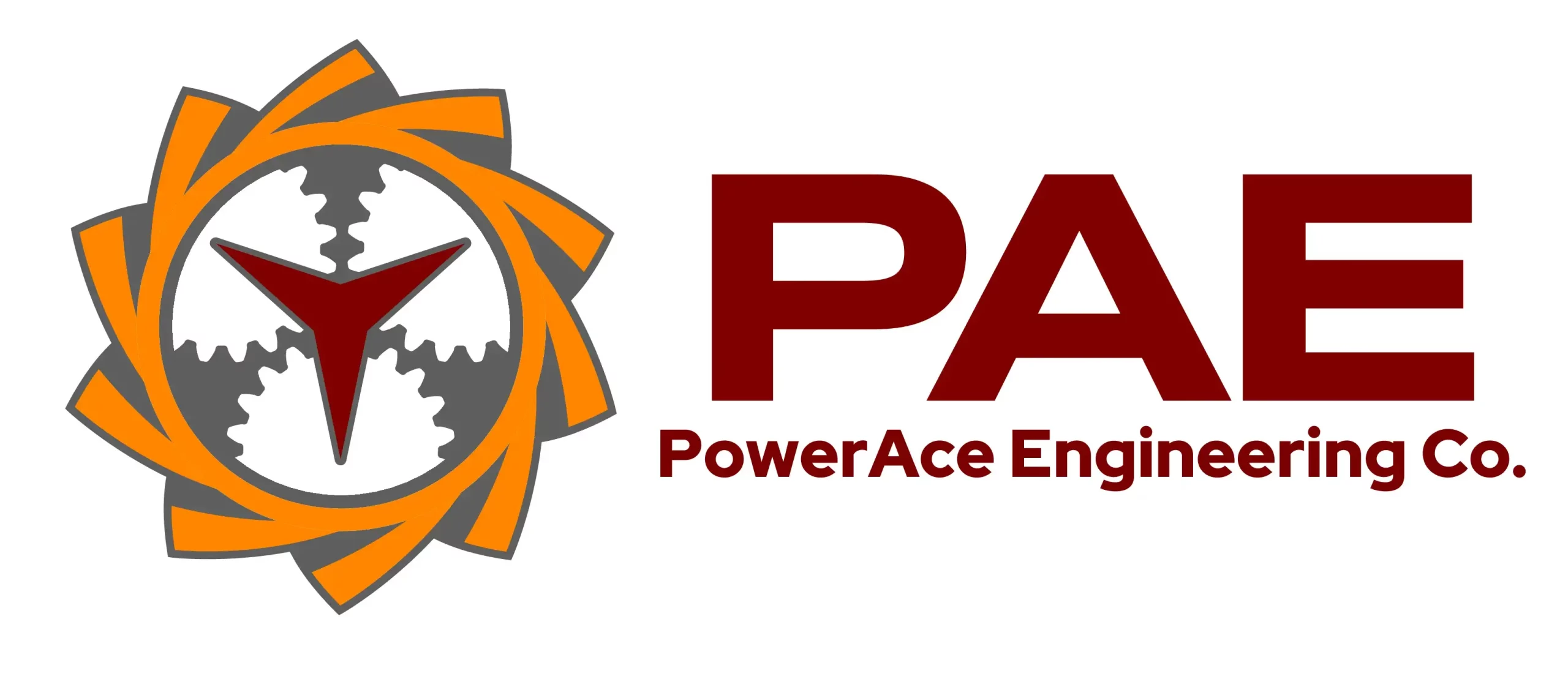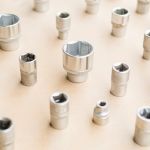Torque limiters are safety devices that prevent excessive torque from damaging machinery. They disengage or limit torque transmission when preset thresholds are exceeded, averting equipment overload and damage.
Industries such as manufacturing, automotive, mining, and agriculture extensively use torque limiters in various machinery, such as conveyors, presses, pumps, and agricultural equipment. This ensures operational safety, prolongs equipment lifespan, and minimizes downtime due to maintenance or repairs.
But why do industries choose to include torque limiter coupling within their machinery design? Read this blog to understand the scenarios that lead to the installation of this part in industrial machinery and the reasoning behind it.
Types of Mechanical Overloads:
The working conditions of manufacturing units are often high-stakes. Workers have to ensure their safety and carry out the process so that the quality of the output is not compromised.
Unforeseen events like material jams, blockages, or process variations can introduce excessive torque into your systems. This surge in twisting force can have disastrous consequences, leading to:
- Catastrophic Component Failure: Gears can crack or shatter, shafts can bend or twist, and couplings can become misaligned or stripped – all resulting in costly repairs and production delays.
- Bearing Degradation: Excessive torque overloads bearings, accelerating wear, tear, overheating, and premature seizure. This translates to downtime and replacement costs.
The Dreaded Effects of Mechanical Overloads
When you are accounting for the immediate consequences, mechanical overloads can initiate a cascade of wear and tear within your machinery. Here’s a closer look at the culprits:
- Frictional Wear: When excessive torque forces components into tighter contact, friction increases dramatically. This accelerated friction grinds away at surfaces, leading to premature wear and eventual component failure.
- Fatigue Failure: Overload conditions can induce cyclic stresses within machine components. Over time, these repeated stresses weaken the material, eventually leading to fatigue cracks and catastrophic failures.
- Plastic Deformation: Extreme torque can exceed the elastic limit of materials, causing permanent bending or warping of components. This plastic deformation compromises component integrity and necessitates replacement.
Torque Limiters: A Proactive Defense Mechanism
Torque limiters use sophisticated friction disc technology to proactively safeguard industrial machinery against damaging overloads. Here’s how they work:
- Operating Principle: Friction discs efficiently transmit torque under normal conditions to provide smooth rotational force transfer.
- Controlled Slip Mechanism: When torque exceeds preset thresholds, servo couplings initiate a controlled slipping action between their surfaces.
- Absorption of Excess Force: This slipping action absorbs excess force, preventing its transmission downstream and potential damage to machinery components.
- Protection Against Damage: By managing overloads, torque limiters shield gears, shafts, bearings, and other parts from harm.
The Tangible Benefits of Torque Limiter Implementation
By proactively mitigating overload situations, torque limiters offer a multitude of advantages for manufacturers:
- Protection from Overloads: Industrial couplings protect the involved machinery against damaging overloads, preventing costly breakdowns and production delays.
- High Torque Capacity: Certain models, like those offered by Power Ace, can handle impressive torque limits, making them suitable for demanding applications.
- Reduced Downtime: Unlike shear pin designs, friction disc technology allows for continued operation after an overload event, as the discs can re-engage once the torque falls below the limit. This eliminates downtime associated with shear pin replacements.
Conclusion
Torque limiters do an amazing job of protecting industrial machinery from repetitive and frequent wear and tear. By preventing component failure and bearing degradation, they can significantly extend the lifespan of your equipment and help you avoid unnecessary maintenance and repair expenses.
However, to ensure quality output from your machinery’s workflow and long-term durability throughout the usage period, it’s essential to source your supplies from the most reliable industrial couplings manufacturers in town. Power Ace India is a firm committed to delivering maximum work efficiency and providing safety to its manufacturing clients and the involved employees.
Contact us today to discover why our supplies are the ideal choice for your machinery needs.
FAQs:
No, torque limiters don’t fully stop machines. They allow controlled slipping to absorb excess force, protecting components. The machine might slow down or stall momentarily but can usually resume operation after the overload.
Yes, unlike shear pins that need replacement after overload, friction disc torque limiters can often reset automatically once the torque falls below the limit. This minimizes downtime for repairs.
Some torque limiter couplings are supposed to withstand harsh environmental conditions, including wet or corrosive environments. It’s essential to select a coupling with appropriate materials and coatings for the intended durability and longevity that would be beneficial in such conditions.

